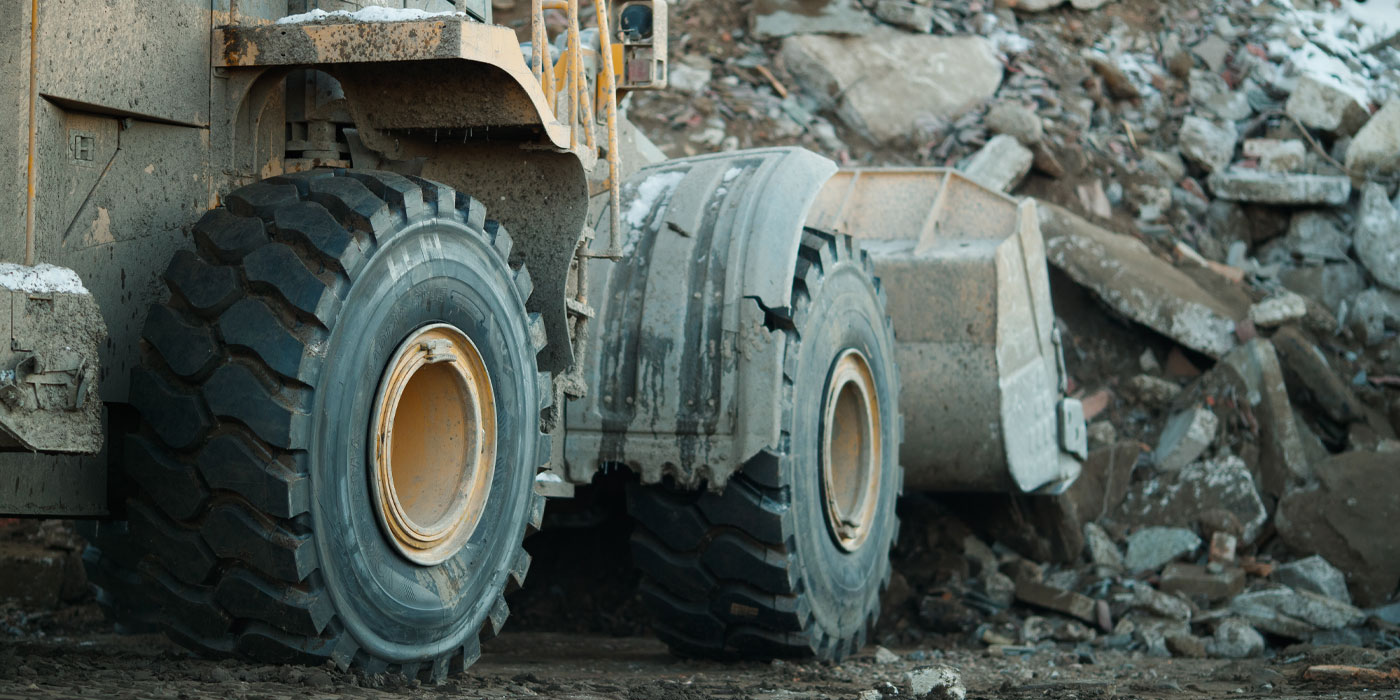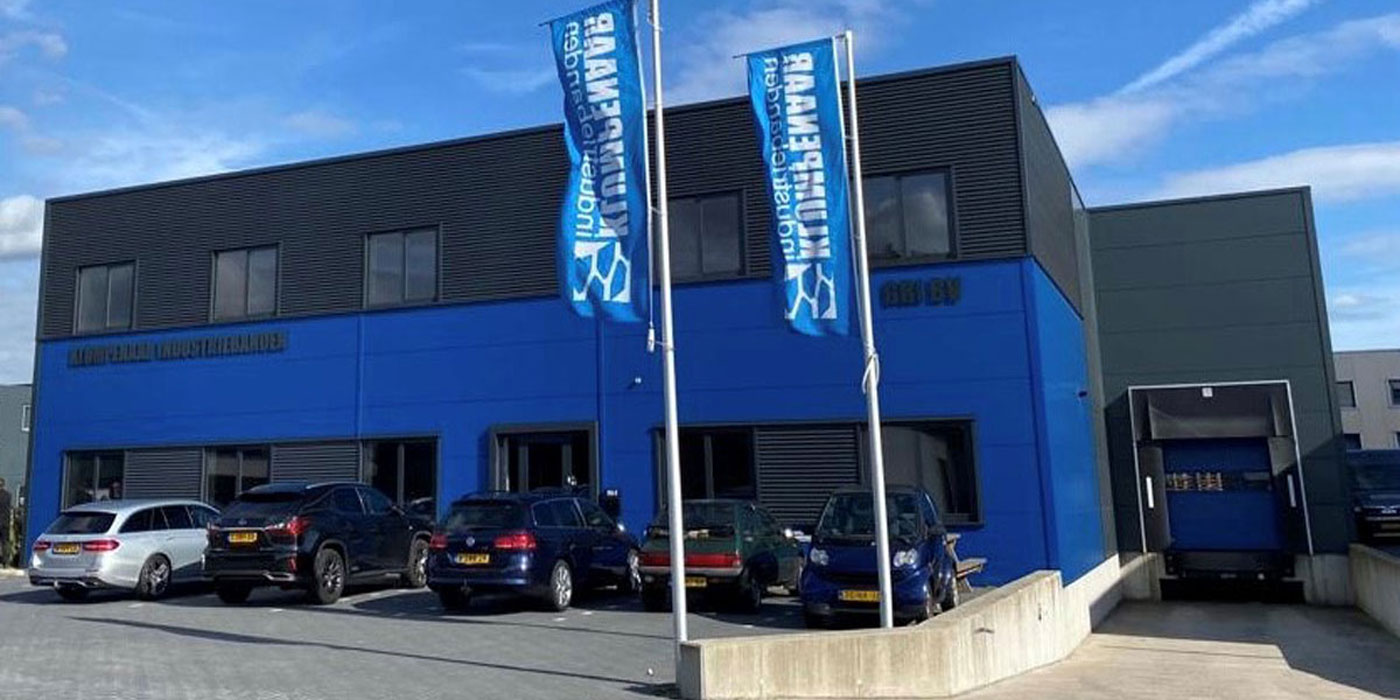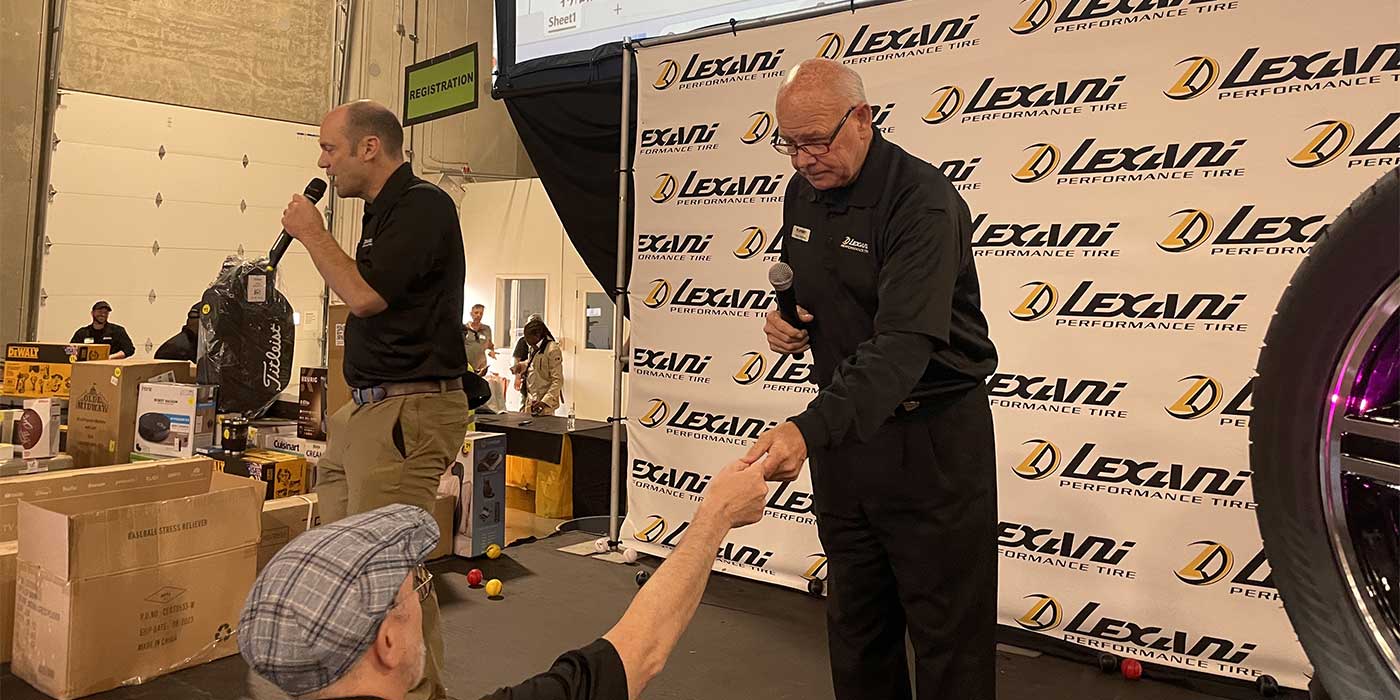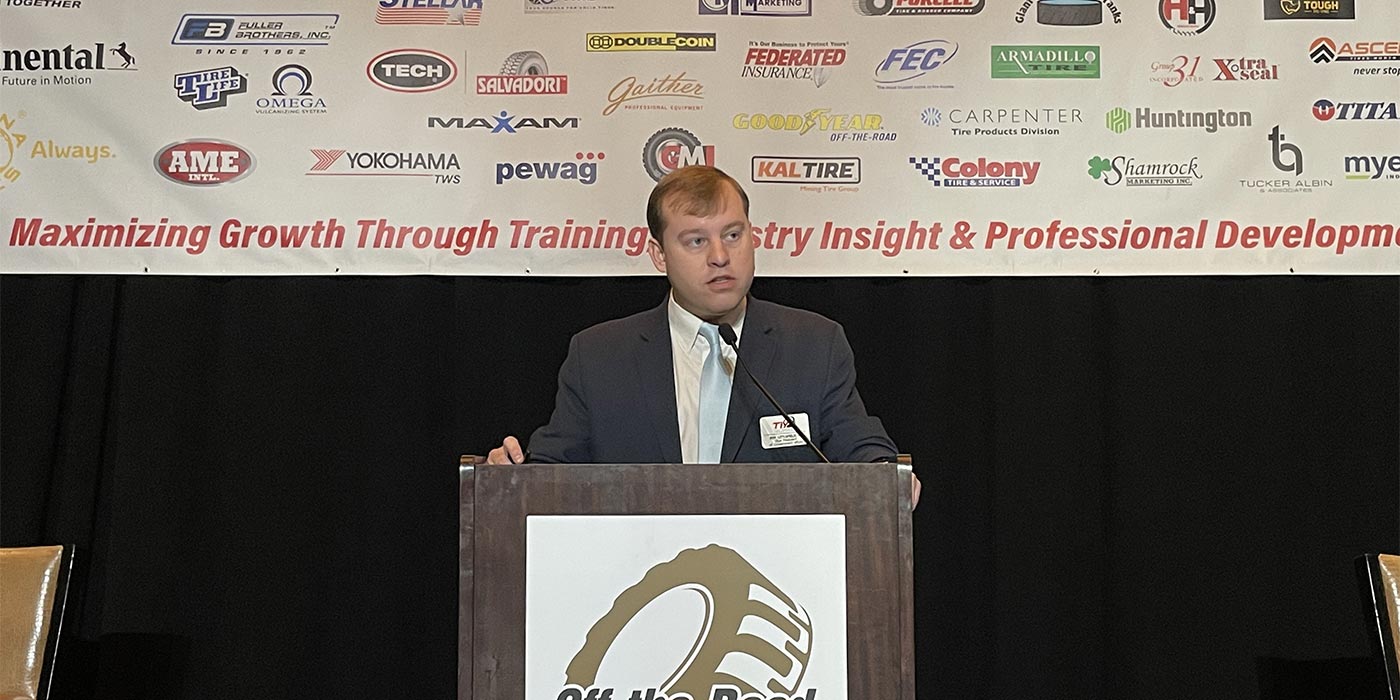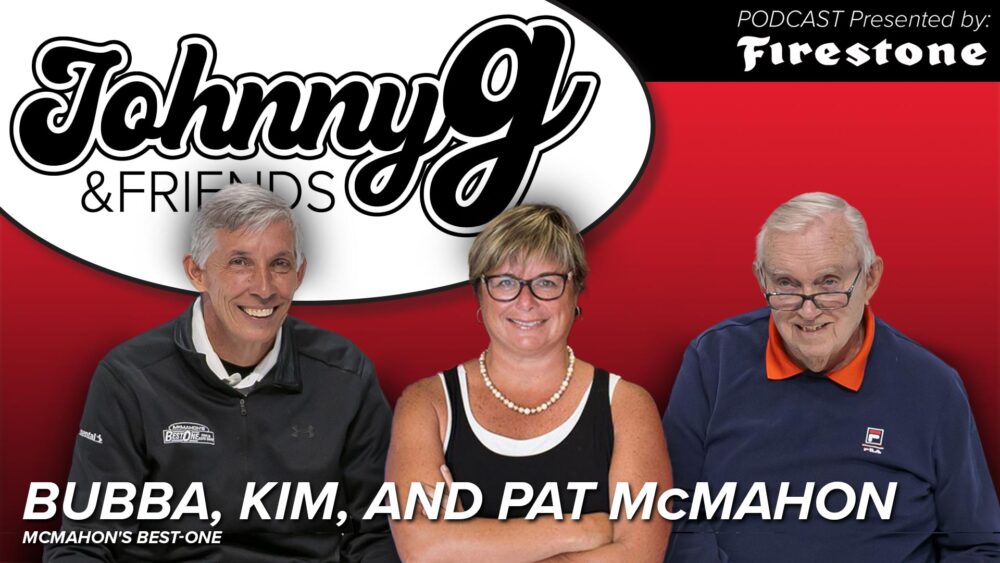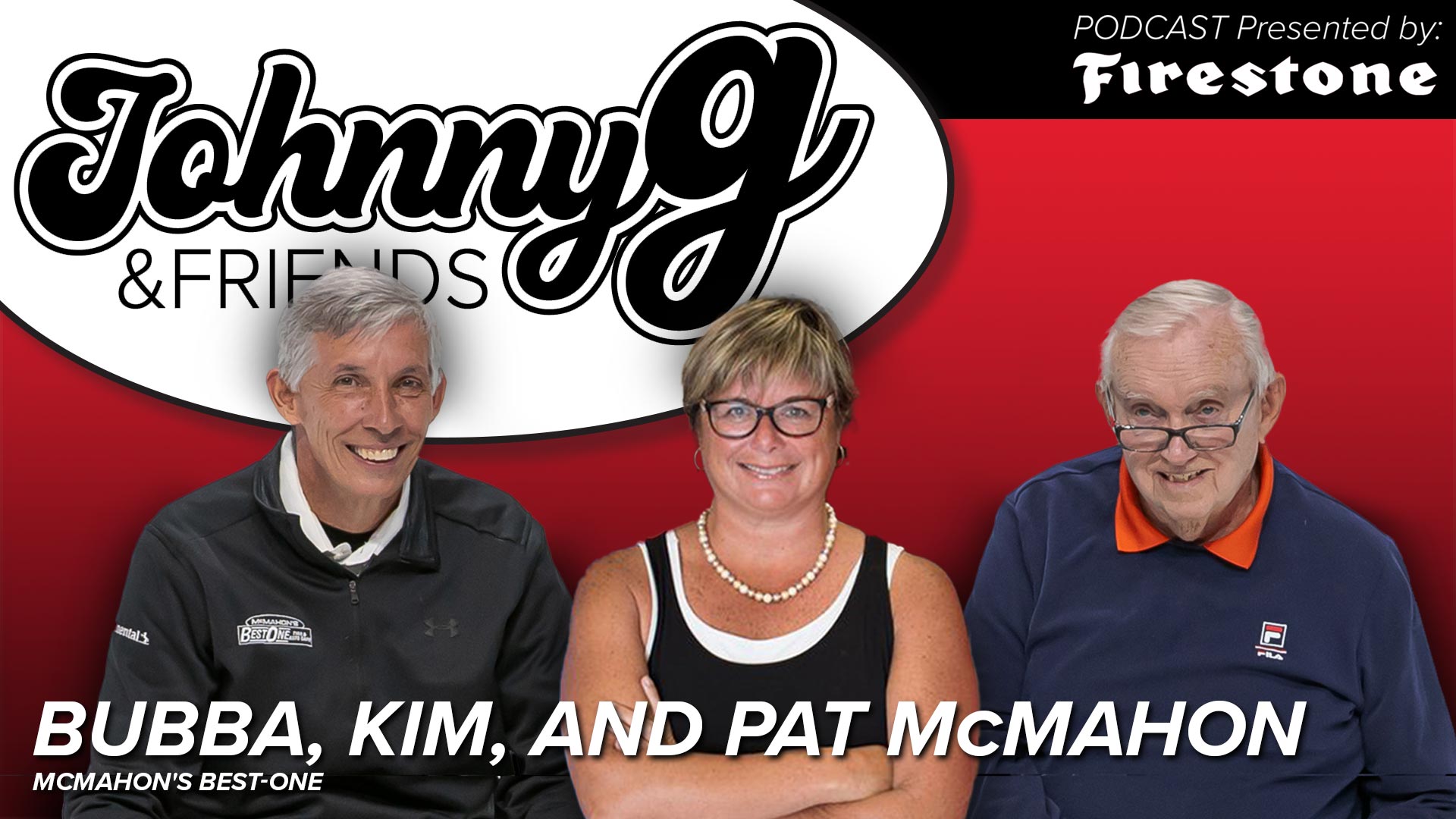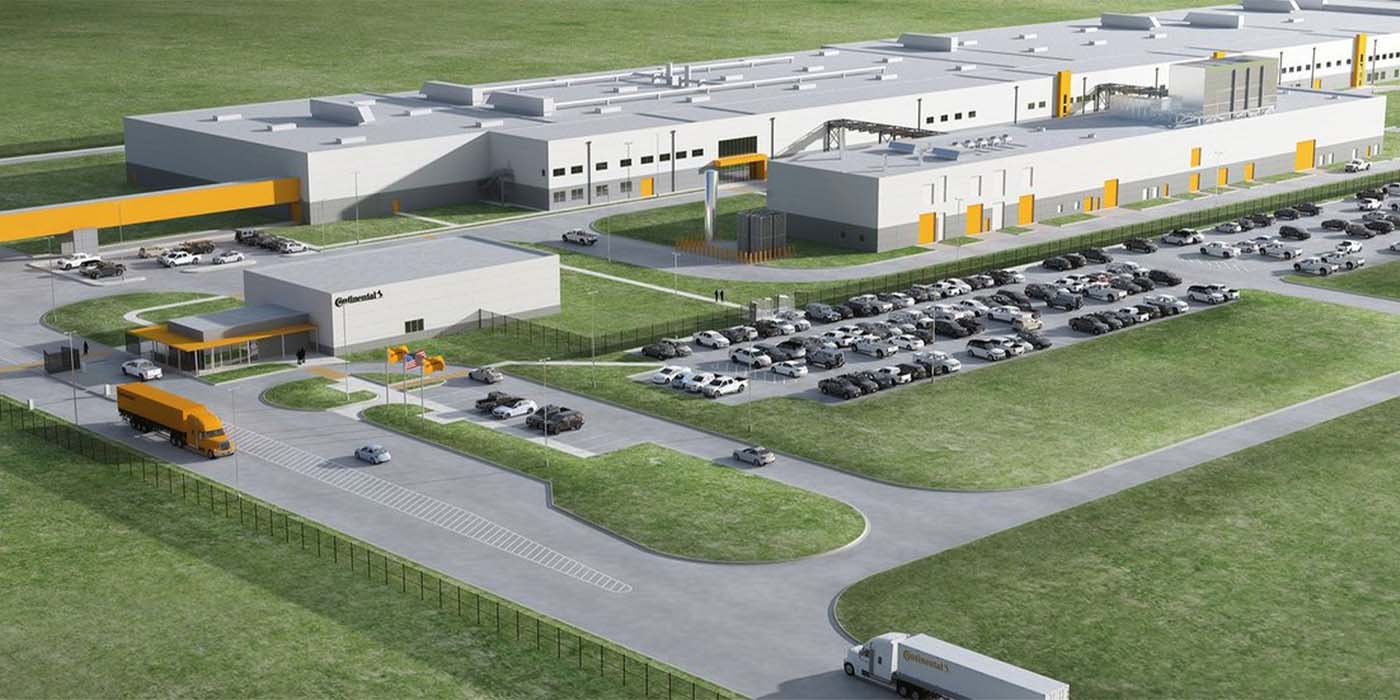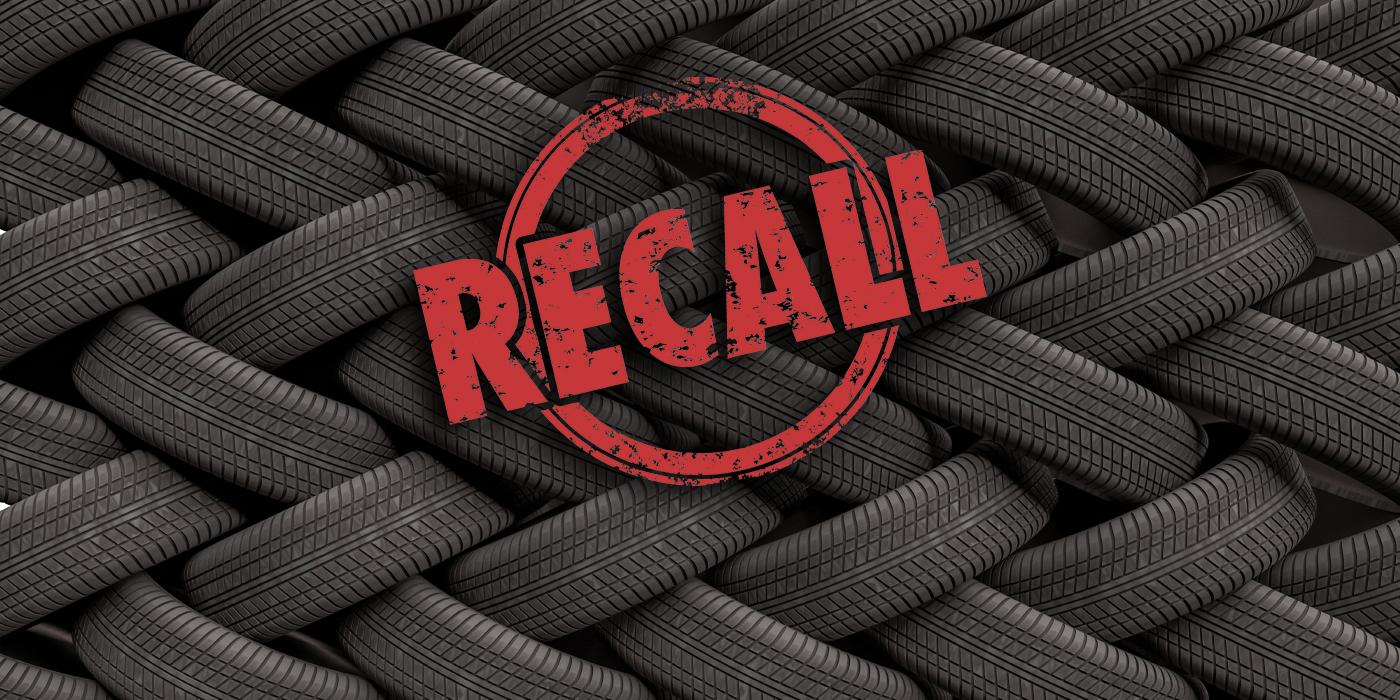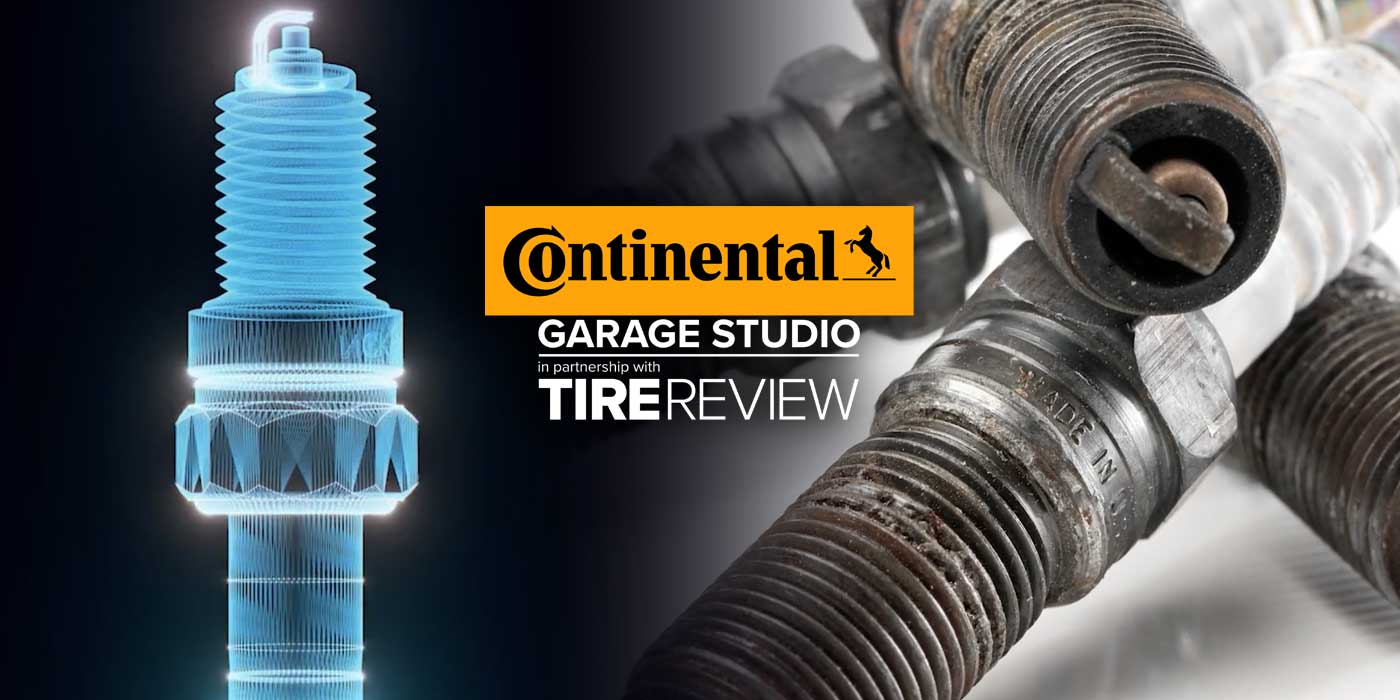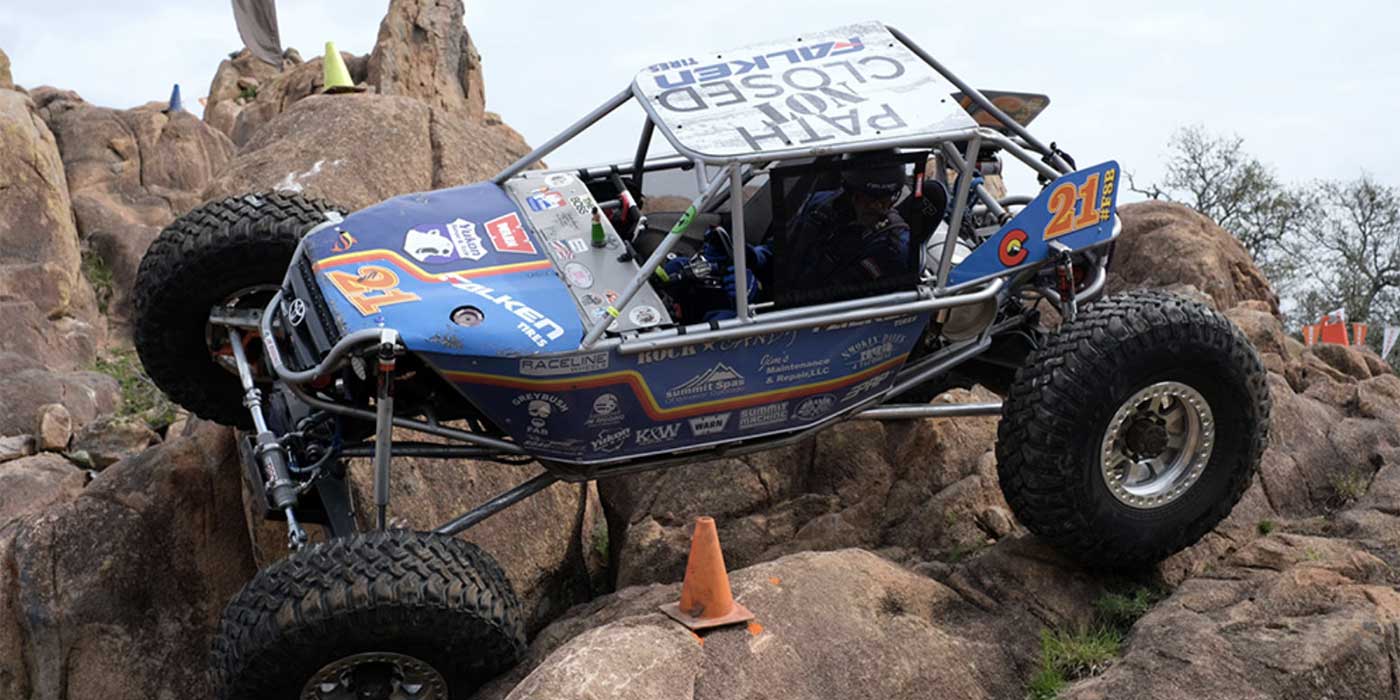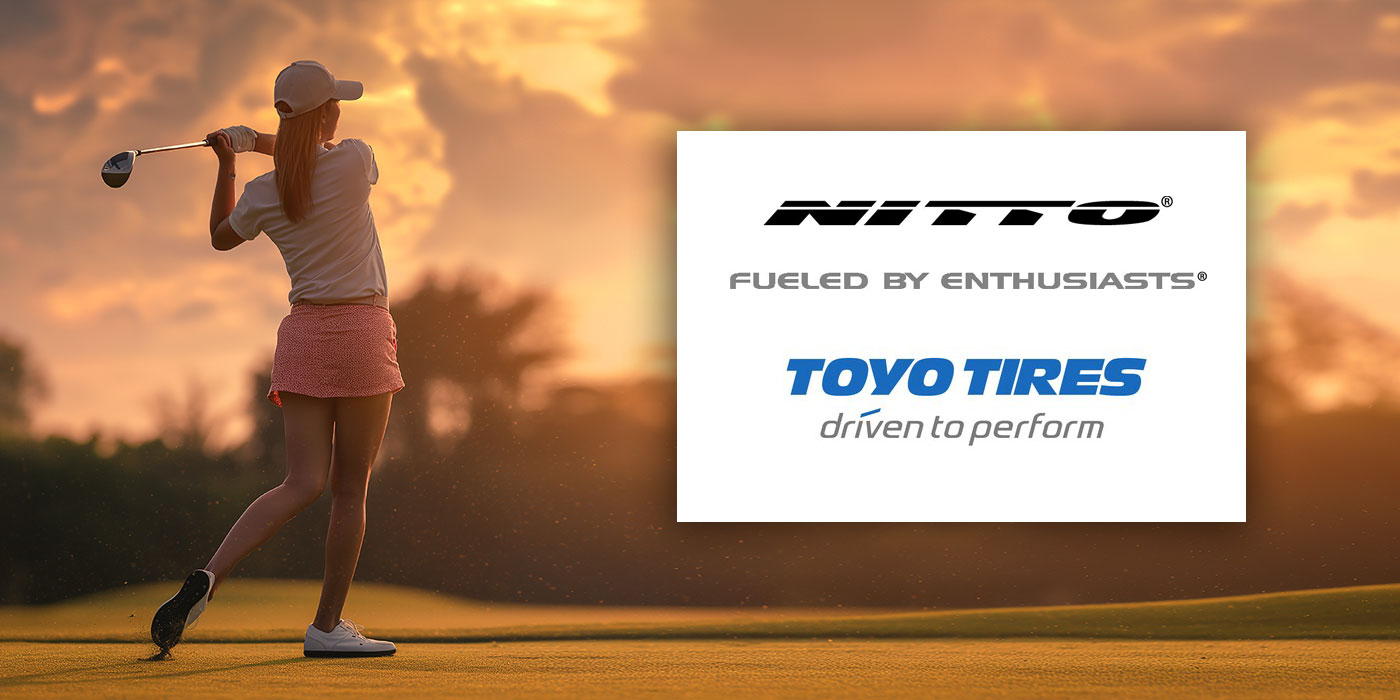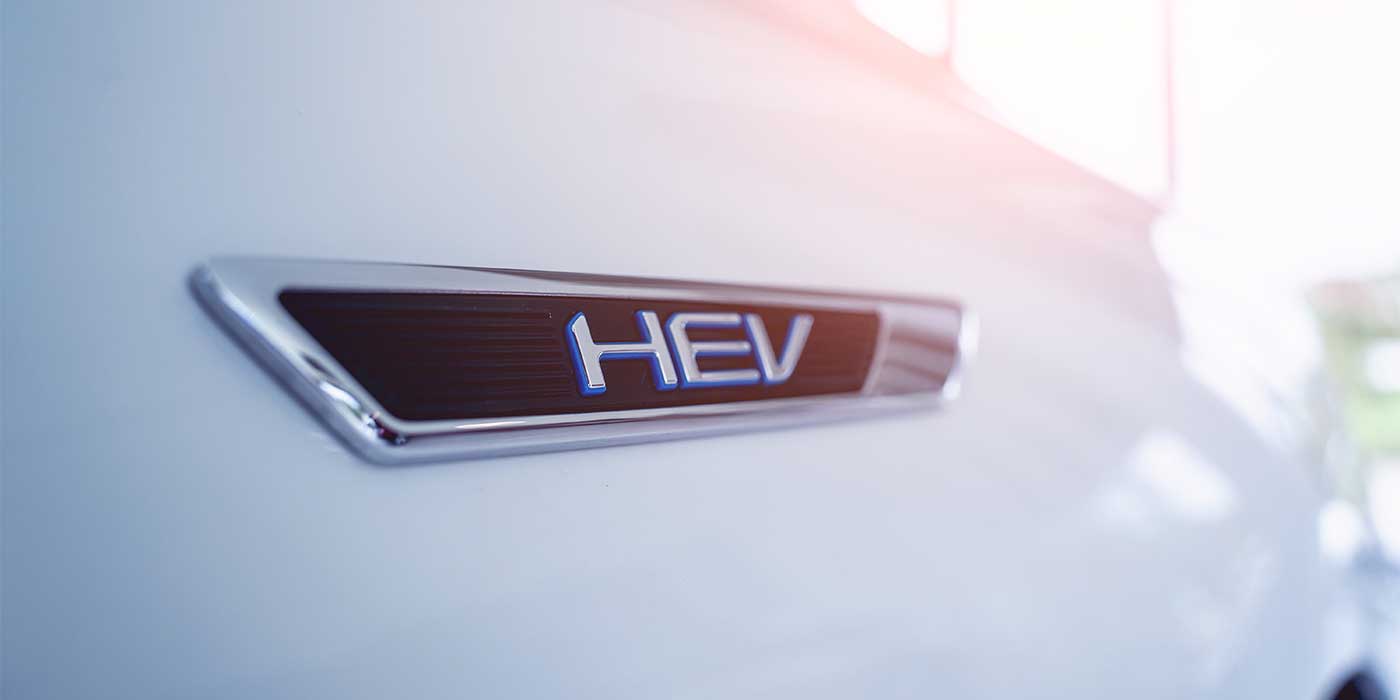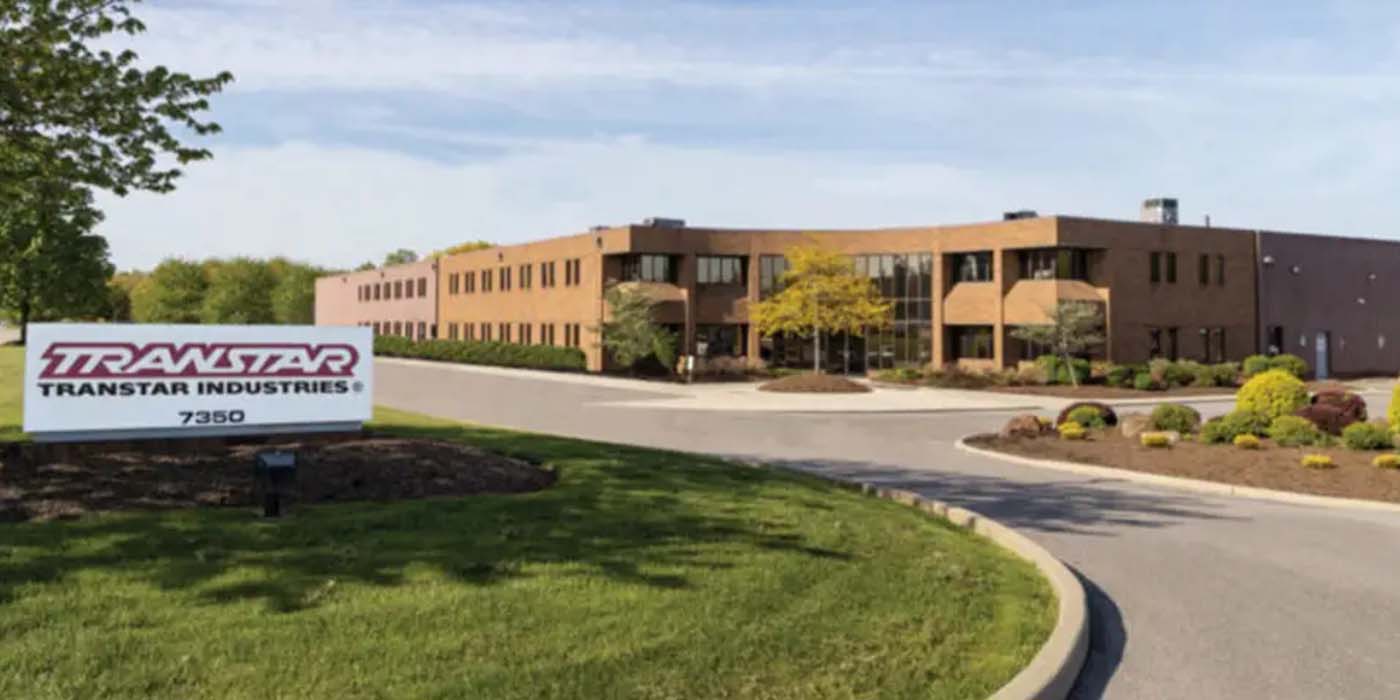Yesterday’s news that Apollo Tyre Ltd. was buying Cooper Tire & Rubber Co. should not have shocked anyone in the industry. At least those who actually pay attention.
The significance of this deal cannot be overstated. This is big. Bigger than when Pirelli bought Armstrong. Bigger than when Yokohama bought Mohawk. Or when Conti bought General or Michelin bought Uniroyal-Goodrich.
We’re not talking dollars and cents here. We’re not talking about the further shrinkage of the mythical “American tire industry.”
We’re taking about a true game changer, a move that will impact everyone in the industry for years to come. The only bigger deal, the only more significant game changer came when quiet little Bridgestone bought staggering giant Firestone 25 years ago. We’re still feeling the impact of that acquisition today.
Even after dropping $2.5 billion to buy Cooper, some will mistake Apollo, that mysterious Indian tiremaker, as some third-world wannabe. Big mistake, in my humble opinion. Over the last decade, Apollo has positioned itself for this moment. It modernized significantly. It made deals to expand its horizons, taking Dunlop in Southern Africa and troubled Vredestein in Europe. It changed its look and feel, and reshaped itself as a true major player.
Everywhere except in the Americas.
I was certain this shoe would drop when talk of this deal first leaked last October (a leak that has since been verified as fact when it was learned yesterday that Apollo did make a friendly offer to Cooper last October). It made all the sense in the world. This is where Apollo needed to be, and Cooper’s “personality” appeared to fit the bill. The rumblings were strong and supported, and came from reliable sources.
But what was dismissed by some as mere water cooler chatter became a $2.5 billion “all-in” deal.
Each company’s boards of directors approved the deal, and it remains for Cooper’s shareholders to vote their shares at $35 a pop, which is expected to happen by the Christmas holidays.
And until the answers are revealed, there will be countless questions from Findlay to Akron to Metuchen, N.J., to London to Enschede, Netherlands, to Gurgaon, India, and all points in between. Questions about brands and distribution and who will be where and what’s going to happen with this or that or some other thing.
None of those things matter right at this moment; management will figure it out, just as the leadership of acquiring companies have done for decades. There will be so much to talk about, guess about, speculate about.
But here is what we know.
Cooper has not – and will not – go away. It stands only to get bigger and better and stronger. Apollo will be fully engaged here, and its namesake brand will soon enough be on American shelves just as they are moving in Europe and elsewhere. The technology on both sides will surely benefit, what with the massive investments both companies have made in the past year, including Cooper’s strong investigation into a natural rubber substitute.
"This agreement is right for our company,” Cooper chairman and CEO Roy Armes told employees yesterday. “Our decision was made from a position of strength. We were not looking to be acquired, but our outstanding performance and sound strategy attracted a great organization to us. Together, we will become the world’s seventh-largest tire company, and that is exciting."
Union contracts will be honored, Apollo has indicated that Cooper’s three U.S. plants are safe, and Armes speculated that some may see new commercial tire lines produced. “More options for customers and opportunities for employees” can be translated, if one will, to Cooper plants producing OTR and ag and medium truck tires here.
"From a strategic perspective, this acquisition simply makes sense. It positions us well for growth and delivers value to our stockholders, which is our obligation as a publicly held company,” he continued. "Both companies possess diverse product portfolios, with well-positioned brands respected for their quality and performance as well as the value they bring to customers.”
What is important now is to admire the move, to appreciate the gumption, to understand that we fully and truly are a global industry. Another seat at the table has been filled with another face, another culture, another worthy competitor.
And to contemplate the next major mover. Apollo just vaulted from 16th to seventh in the world. There are other companies in other places with great designs for bigger things. Another major move will come as sure as the sun will come up tomorrow (except in Akron, which is perpetually gray).
Wonder who will be next?
* * * * * * * *
Speaking of being next, can anyone name a single tire company that would be at all interested in being publicly flogged and battered and beaten? All in the name of “sport”?
If you do, please contact Bernie Ecclestone, the so-called car “constructors,” the drivers and the others knuckleheads running Formula One. Cause they may soon need help.
If media talk is to be believed ¬(and from Europe, who the hell knows) it may well be that Pirelli SpA, which has relished its return to big-time global motorsport, is pissed and tired of being everyone’s punching bag. While it has always been normal for rich, spoiled teams and drivers to complain about this or that or everything, they have been pig-piling on poor Pirelli this year like it’s nobody’s business.
Following the strong urging of Big Bucks Bernie and Jean Todt and other FIA and F1 leaders, Pirelli produced race tires that did what rules and technology apparently could not: make F1 racing interesting again. Counterintuitively, tires were offered that wore faster than Pirelli’s technology was capable. That meant more pit stops, and more opportunities for lead changes in passing-averse Formula One.
Better entertainment at the expense of a few egos.
Because F1 is a rolling thunder media circus, every snicker and complaint about “those tires” was repeated and replayed endlessly. When minor delamination issues hit a practice session, the pig pile grew larger. When Pirelli looked to change its tires to try to resolve some of the complaints, the yelping grew even louder.
And now, it seems, Pirelli may be at the end of its rope.
Eddie Jordan, ex-F1 team owner turned TV commentator urged the series to turn down the volume and ease up on Pirelli. Who, after all, was in a position to step in, he reasoned.
"Pirelli openly submitted its tender, they also paid money for it, and now they’re criticized or ridiculed by some teams," he told Austria’s Servus TV. "I think some teams should be a bit more careful. Who is going to give them tires if Pirelli is not there? Do we see anyone else willing to do a better job? I think we should really be a little more friendly to Pirelli."
Pirelli’s current F1 deal ends at the close of this 19-race season. Hankook has already said it has no interest in stepping in for the 2014 campaign, and Pirelli has plainly stated that if it were chosen to return (no sure bet, to be sure) that it was running out of time to develop tires for the next season.
With Formula One cars undergoing serious technical changes next season, tires will be greatly impacted. Any tiremaker will need adequate time to deal with those changes.
Perhaps Mr. Jordan has the right approach here. Get off Pirelli’s back and help them help you.

